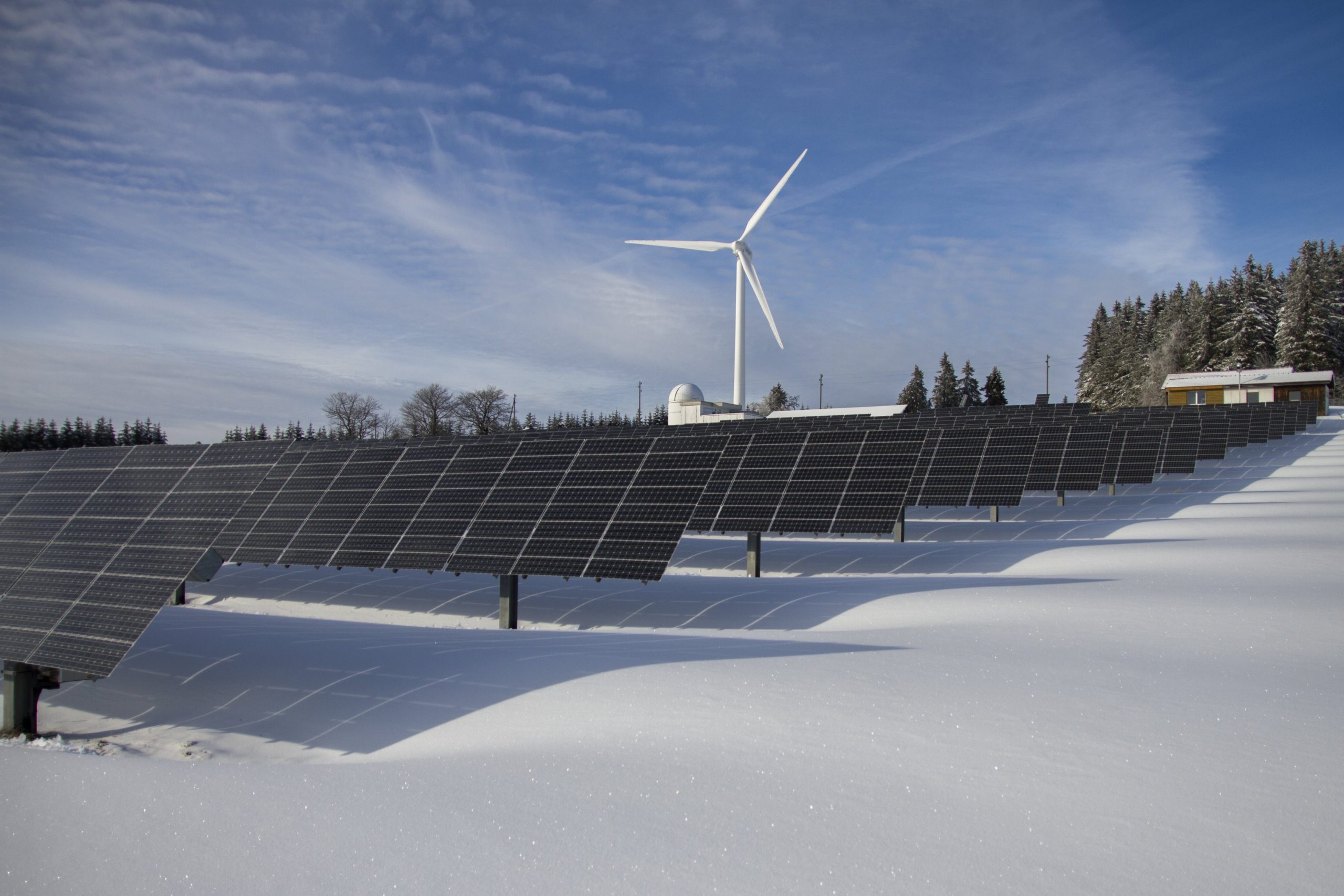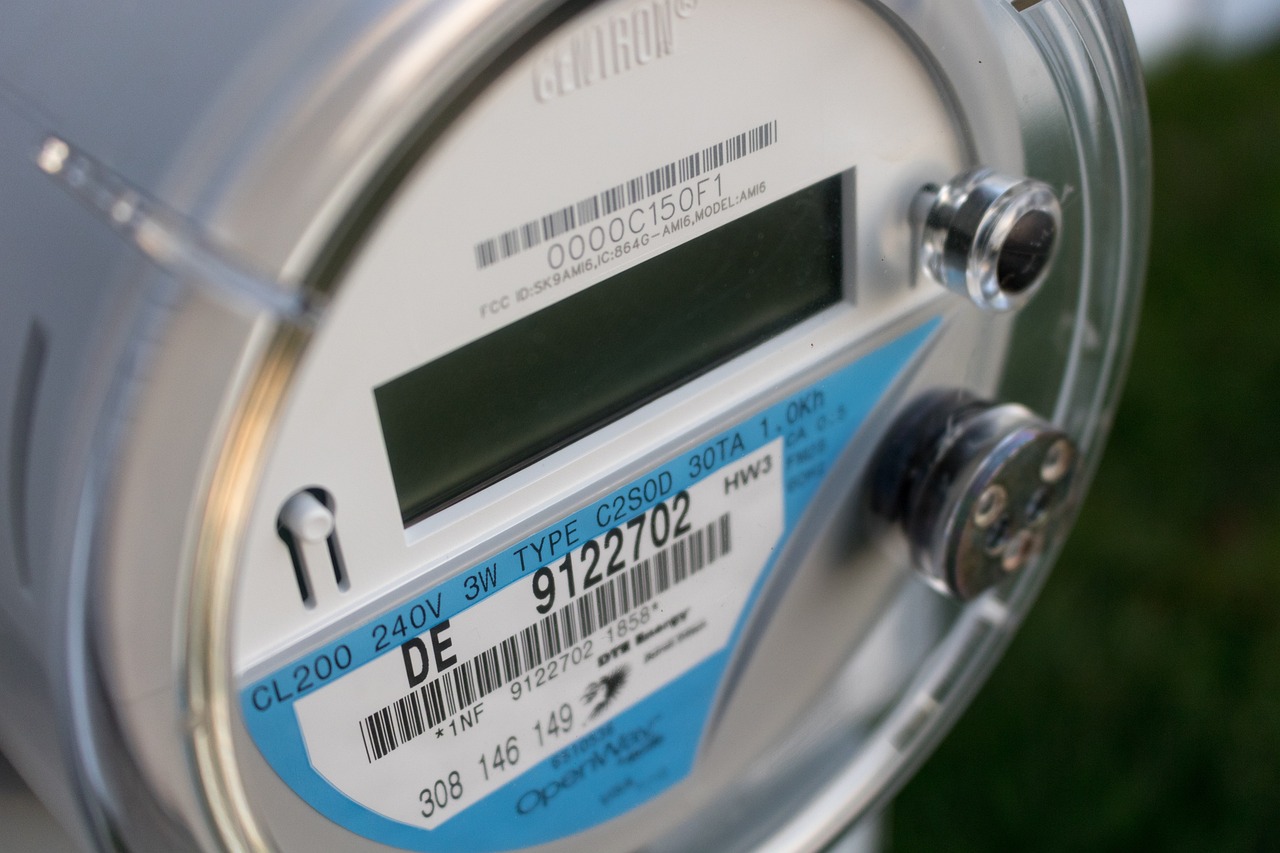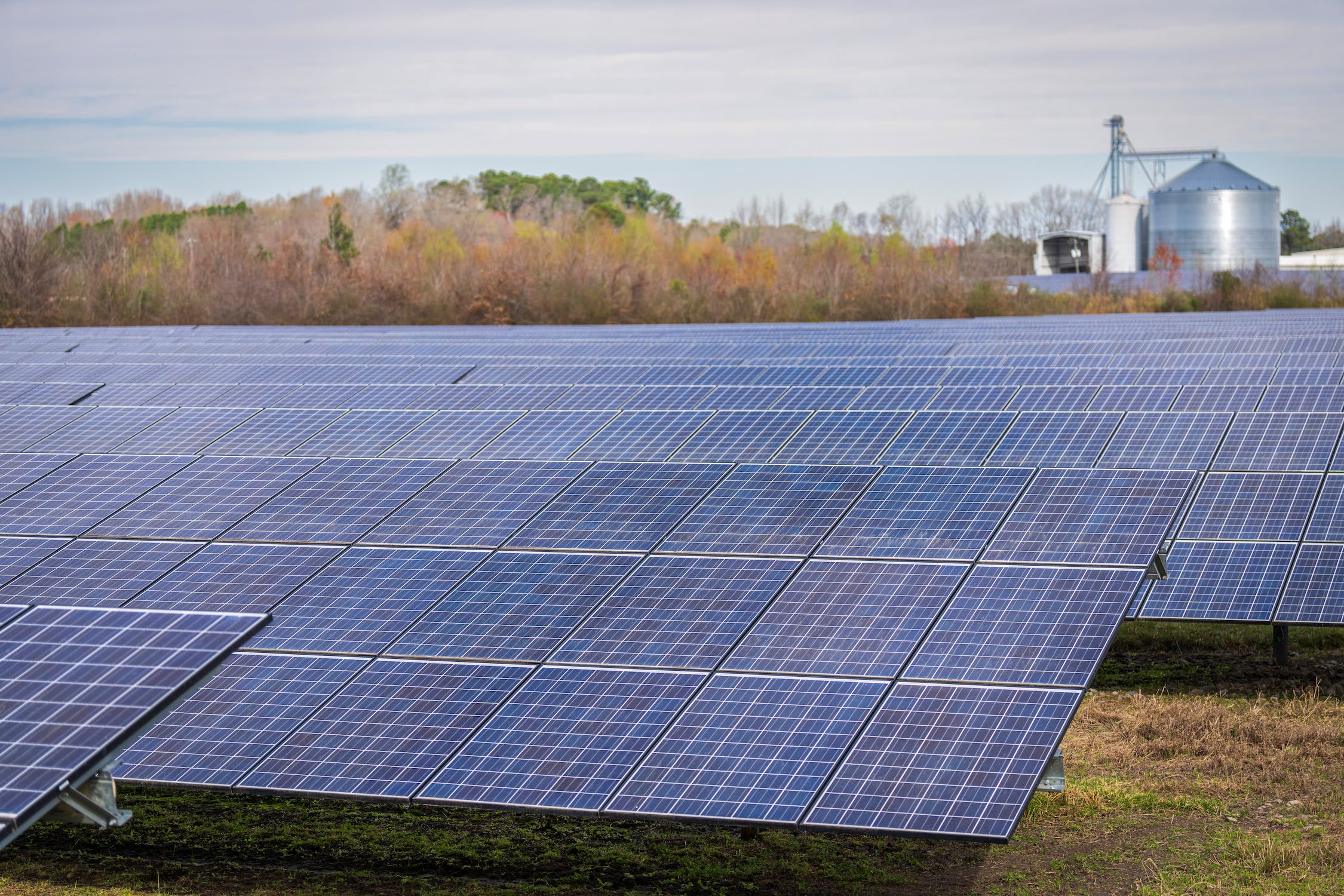
Capacity previously expected to be available by 2030, could therefore be available as early as this year.Continue reading

An estimated 150-180,000 smart meters could be installed in Hungary that could grow to 4.7 million by 2030, if the Hungarian market follows Western European trends, Huawei Technologies Hungary said on Tuesday, based on a study on the challenges and opportunities of the Hungarian energy market.
According to the summary, smart meters and related devices can significantly contribute to optimizing energy consumption at the level of small consumers, with households saving up to 15 percent.
These devices monitor consumption patterns and can provide tailored recommendations for changes, such as switching off unnecessary lights or turning down the heating.
The communication points out that Hungary’s residential storage capacity for green energy is still marginal and that one of the barriers to its deployment is the high investment cost. Therefore, the pace of expansion of residential energy storage depends primarily on public incentives, such as subsidies like the Solar Energy Plus Program, which is now being launched.
PwC Hungary, a consultancy firm, estimates that
by 2032, there could be as many as 106,000 households in Hungary equipped with batteries, representing 21-22% of all residential solar systems.
A further incentive could be if households could sell the energy produced, speeding up the payback of the solar system, Huawei added.

Photo via Pexels
Solar PV systems, energy storage, and digitization solutions for businesses can also greatly help them to manage energy more efficiently. By using smart meters and utility sub-meters, companies can accurately monitor and tailor their energy use, and a more detailed knowledge of consumption helps identify energy saving opportunities.
Digitalization solutions can be used to adapt consumption to daily energy prices or to the production of their own solar power plant, and to optimize the capacity of the grid.
Huawei Hungary presented a paper entitled “Transforming Energy Market 2023-2030,” commissioned by PwC Hungary. The document examined Hungary’s key energy challenges and opportunities from the perspective of households, small and large consumers, and electricity transmission and distribution network operators.
Via MTI; Featured image via Pixabay